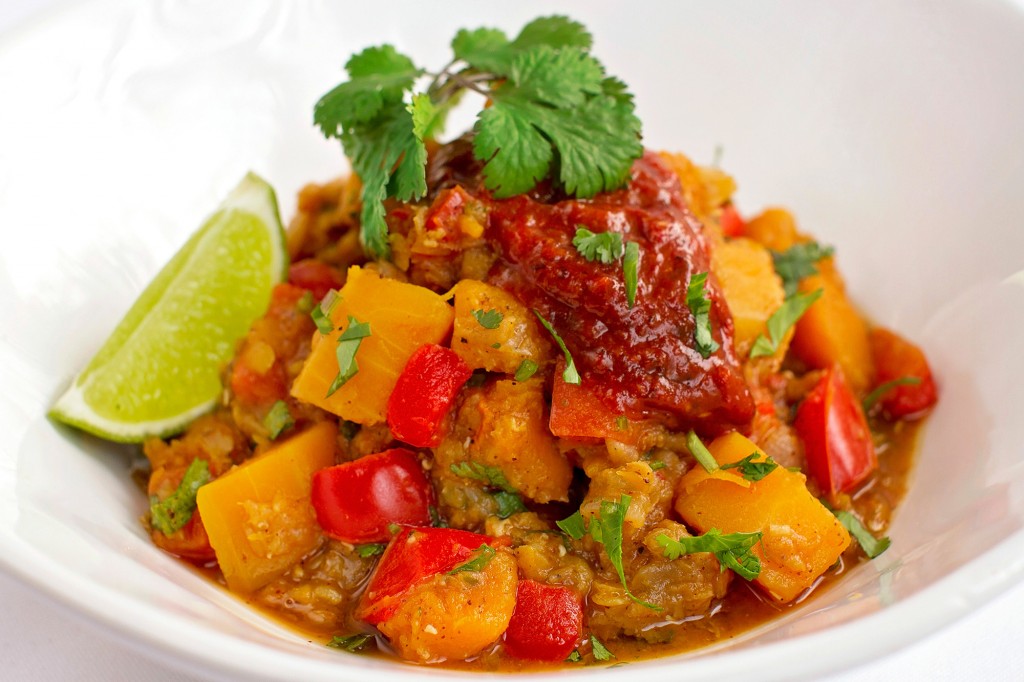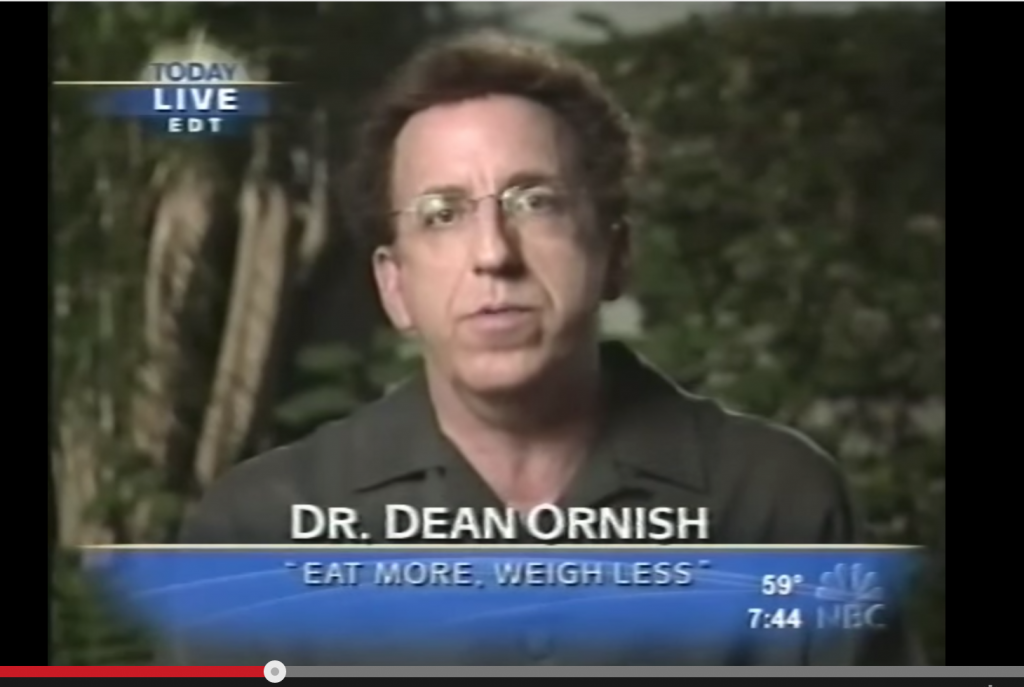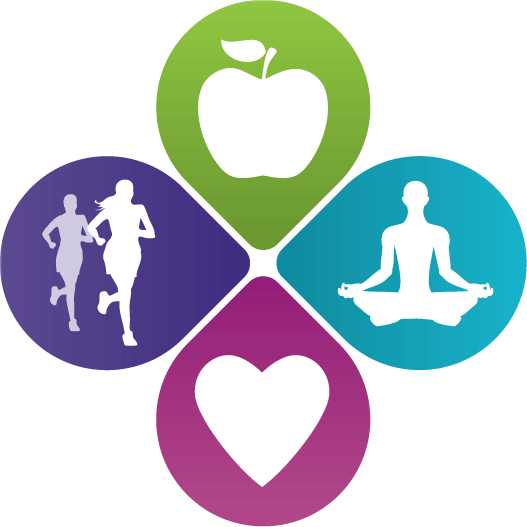
NBC’s Today Show: Dr. Ornish Offers an Emerging Consensus in the Diet Debate
What is an optimal way of eating? In this interview with Ann Curry on NBC’s Today Show, Dr. Ornish explains why he’s calling for a truce in the diet debate. Dr. Ornish is here to quiet the noisy confusion and offer an emerging consensus.
Americans eat too many simple carbs. Sugar, white flour and white rice.
I think people are tired of the bickering and arguing because it leaves people saying ‘You know, these doctors, they can’t make up their minds. The heck with them. Just bring out the bacon and eggs and eat what you want.’ In fact, there actually a convergence of ideas. While there are still significant points of difference, there’s a lot more in common than people realize, and I thought it might be helpful to let people know what those things are so that people can really begin to make changes that can help them.
A lot of what’s driving this is this low-carb craze, and you think people need to know the difference between good carbs and bad carbs, says Curry.
I debated Dr. Atkins many times before he died and he was right in that Americans eat too many simple carbs. Things like sugar, white flour and white rice. They are sometimes called refined carbs. When you eat a lot of these, you get a double whammy. You get all these calories that don’t fill you up because you’ve removed the fiber and bran, and they get absorbed quickly so they make your blood sugar zoom up. Your body makes insulin to bring it back down, which is good, but the insulin causes you to convert those calories into fat.
Where we differ is that you don’t then go to pork rinds, bacon and sausage. Those are not health foods. Instead you go to good carbs: fruits, vegetables, whole grains, legumes in their natural forms, and the fiber fills you up before you get too many calories. And it slows the absorption so you don’t get those blood sugar spikes.
The Basics
- Enjoy an abundance of “good carbs” such as fruits, vegetables, whole grains, legumes and soy products in their natural, unprocessed forms.
- Limit consumption of “bad carbs”—i.e., refined carbohydrates—sugar, other concentrated sweeteners, white flour and white rice.
- Consume at least 4 grams/day of “good fats” such as fish oil, flax seed oil, or plankton-based omega‑3 fatty acids.
- Limit consumption of “bad fats”— such as trans fats, saturated fats, and hydrogenated fats. And try to limit consumption of total fats to no more than 25-30 grams/day.
- Eat mostly plant-based proteins and avoid all animal-based proteins other than egg whites and up to a cup of day of nonfat dairy.
As Dr. Ornish says, “You will find that when you eat this way, you don’t have to count calories. You will lose weight and maintain a healthy body weight. You will also feel great. This way of eating brings vibrancy and energy balance throughout the day.”
Watch the full interview here.








